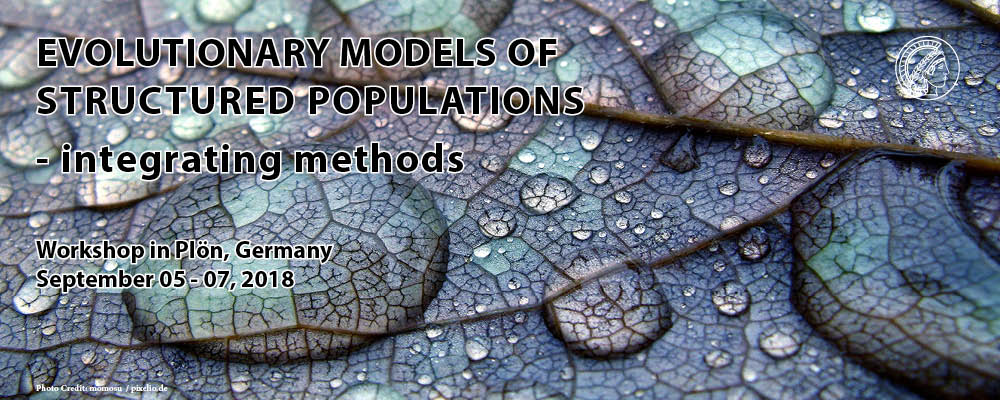Speaker
Description
Many foundational models of social learning and cultural evolution are constructed within the framework of theoretical population genetics. With genetic evolution as a starting point, models of cultural evolution emphasize that cultural traits—learned behaviors such as beliefs, practices, and tools—can be transmitted between individuals and are subject to evolutionary forces such as
selection and drift. In contrast to the assumptions of these models, however, human (and animal) interactions are unlikely to be ideally represented by well-mixed populations. Humans and animals have complex contact networks, where interactions between some individuals are common and interactions between other individuals are rare or absent. Some of these differences in interaction might be due to the spatial distribution of individuals in a population; individuals located in geographic proximity are more likely to interact. Other differences might be driven by social structure, with interactions on a social network more likely to occur between genetically related individuals and between individuals sharing social contexts. Here, I discuss a set of new models that explore how spatial or network structure can affect the spread of a cultural trait compared to well-mixed populations. These models apply broadly to learned behaviors, from bird songs to human languages and cultural traditions. Understanding the spatial and environmental dynamics of cultural interactions could shed light on fundamental concepts in the evolution of behavior, such as social learning, cooperation, and cumulative culture.

